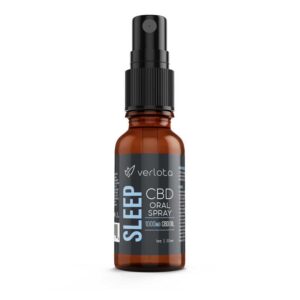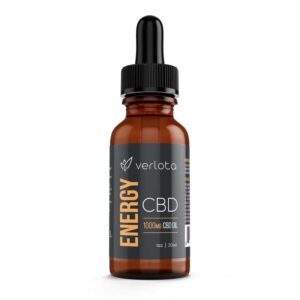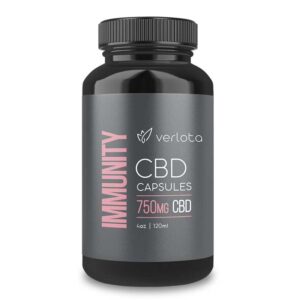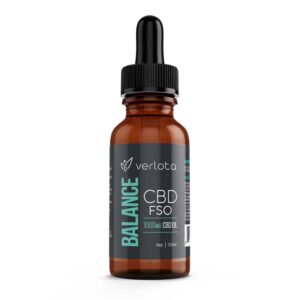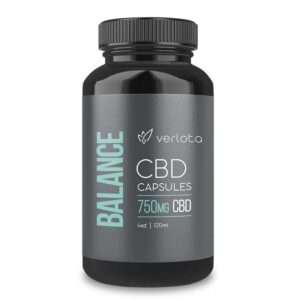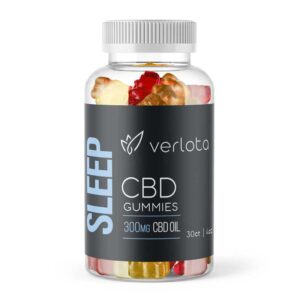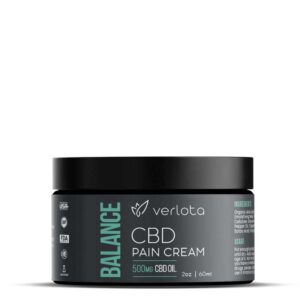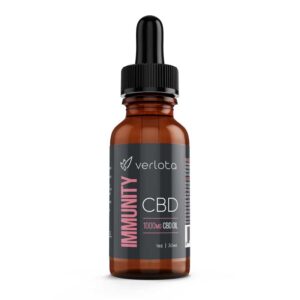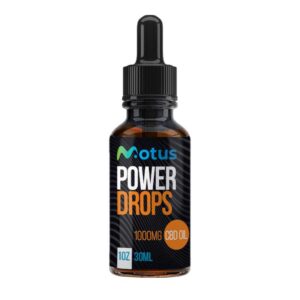The Entourage Effect. No, not what happens to you after binge-watching HBO’s hit television show about that famous troupe of Hollywood journeymen. The effect we’re discussing today has to do with a particular group of plants and their magical compounds. The entourage effect, as we know it, refers to two members of the Cannabacae family: cannabis & hemp. Hemp v/s marijuana – and even their cousin hops! – are known to have many variations of cannabinoids & terpenes (plant compounds). Cannabinoids? Terpenes?! If you’re not familiar with these kinds of terms you’d better go back and read our other blog about the fascinating world of the different plant compounds found in cannabis & hemp.
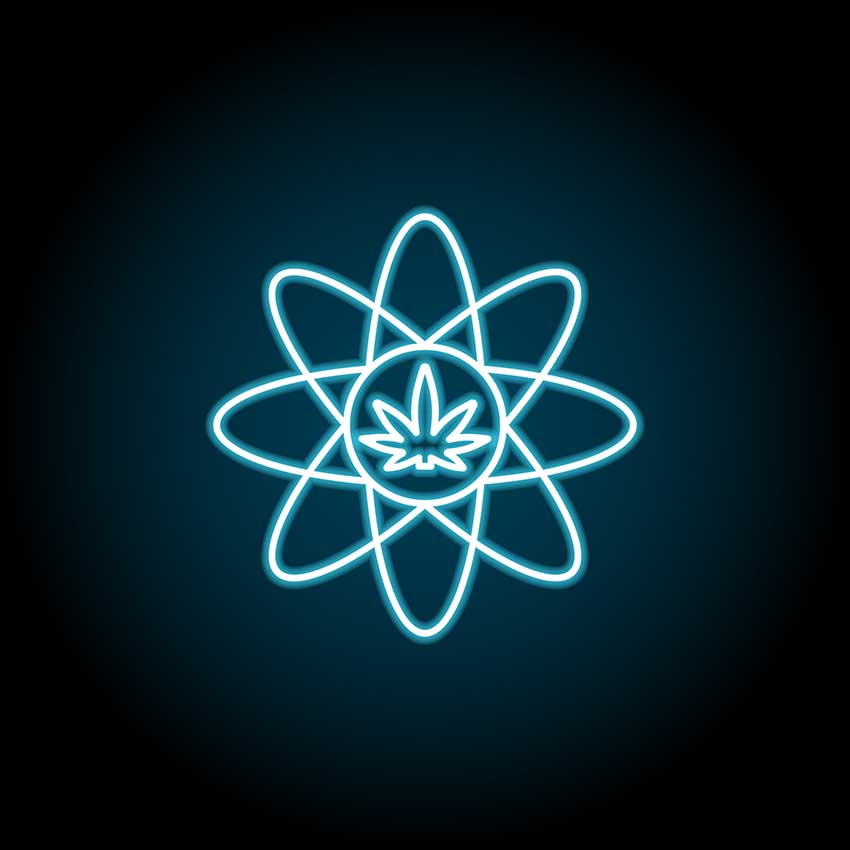
In order to understand how something like the entourage effect can have an impact on your health, you need to know the gist behind these phytochemicals we call terpenes and cannabinoids. THC and CBD are the most renowned phytocannabinoids but they are only a couple of the hundreds of recorded plant compounds found within cannabis & hemp (115 – 140 approximately). Similarly, terpenes have been mapped out and have reached staggering numbers of 20,000+! Taking all of this into account, and we still don’t know the half of it when it comes to understanding the ins-and-outs of cannabinoids & terpenes.
What we do understand, however, is that introducing these magical organic compounds into our system together can lead to life-changing benefits to our minds, bodies and spirits. What kind of mind-blowing improvements? Let’s explore the health elements of cannabinoids and terpenes and then we can delve further into what makes the entourage effect such a prominent player in our quests for better health & longer, happier lives.
CANNABINOIDS & THEIR EFFECTS
A helpful analogy for remembering cannabinoids and what they do to your mind & body is to liken them to ingredients in a recipe. Each ingredient has its own properties that bring value to the table, but sometimes the sum of the parts can help us achieve greater things than on their own. Cannabinoids are like these variable ingredients we combine to make a tasty dish – except in this case, what’s being served up is a clean bill of health!
Following the track of this analogy, a person’s health is as unique to another’s like a cake is to a plate of spaghetti – not to mention everyone’s tastes are as different as are our fitness, supplement regimes or diets. It’s not about what you do to improve your health, or even how, but WHY you want to in the first place. Many combinations of cannabinoids can benefit you, but which ones you get the most value from will ultimately depend on what you’re seeking. Are you in pain everyday, or suffer from inflamed joints and achy muscles? Maybe a full-spectrum product would suit you best because of the combined pain-fighting powers of THC + CBD. Or perhaps you’re a very anxious individual, always overburdened with stress and compounded by sleep deprivation? A healthy dose of high-CBD, high-CBN might do the trick and give you the calm & relaxation you need.
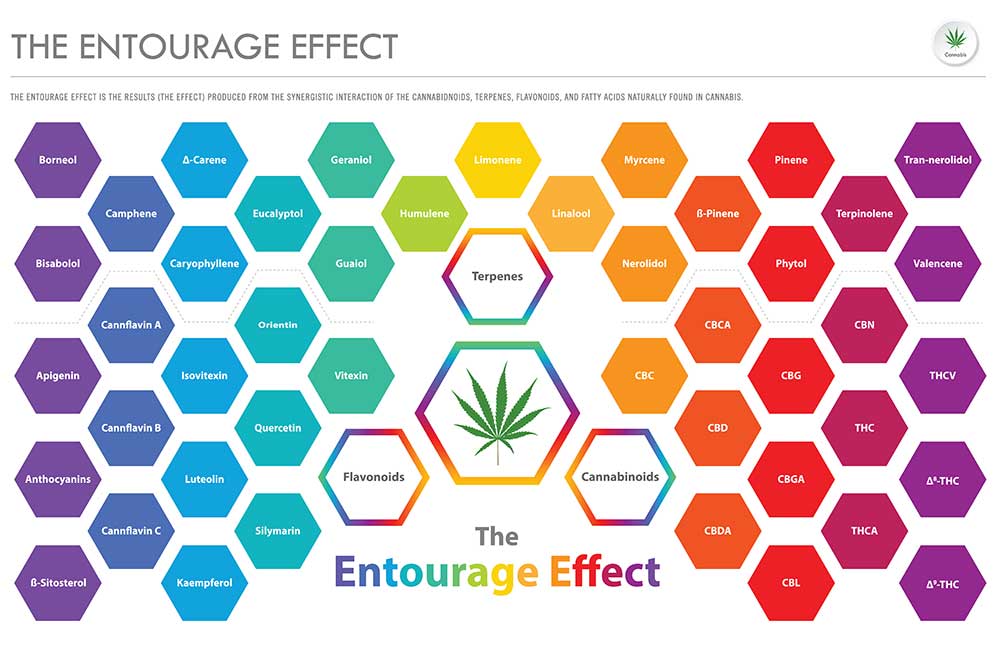
With over 100+ cannabinoids that have been identified and explored in some degree of detail. Scientists are in agreement that we’ve only just scratched the surface and that there are likely more cannabinoids to be discovered, or new and exciting benefits we can derive from the ones we’ve already mapped out. Plants in the Cannabacae family (hops, hemp, cannabis) are just one of the prominent groups of species that contain a significant amount of cannabinoids. Conversely, terpenes are fast becoming the focus of cannabis & hemp research as the narrative is starting to suggest that they might be responsible for a lot of the specific effects we’ve come to expect from concentrations of THC, CBD or CBN. There are well over 20,000 known terpenes, so the research we have compiled really is just a drop in the proverbial bucket of these mysterious plants.
While we wait on new developments in hemp & cannabis research, what can we say about the entourage effect today with what we know about cannabinoids? What are the most well-known cannabinoids, and what do they do? Let’s review some of the major players and explore some of the positive and negative effects we’ve come to associate with certain cannabinoids.
Tetrahydrocannabinol (THC)
Advantages: pain-relief, anti-inflammatory, anti-depressant, sleep aid, digestive aid, increased appetite
Disadvantages: psychoactive, mind-clouding, couch-lock, lethargy-inducing
Tetrahydrocannabivarin (THCV)
Advantages: energizing, balanced psychoactivity of THC, regulates blood sugar, stimulates bone development, possible treatment for Alzheimer’s
Disadvantages: mildly psychoactive, appetite suppressant, can induce panic attacks
Cannabidiol (CBD)
Advantages: non-psychoactive, effective treatment for epilepsy, PTSD, chronic anxiety, stress, MS, Crohn’s, induces calm & relaxation, enhances mental alacrity, immunity booster, anti-inflammatory, eases pain, increases muscle elasticity, improves sleep
Disadvantages: can induce lethargy if taken too often or in large amounts
Cannabidivarin (CBDV)
Advantages: non-psychoactive, antispasmodic, anti-seizures, improve memory, better muscle elasticity and muscle development, anti-nausea
Disadvantages: similar to CBD, can induce lethargy if taken too often or in large amounts
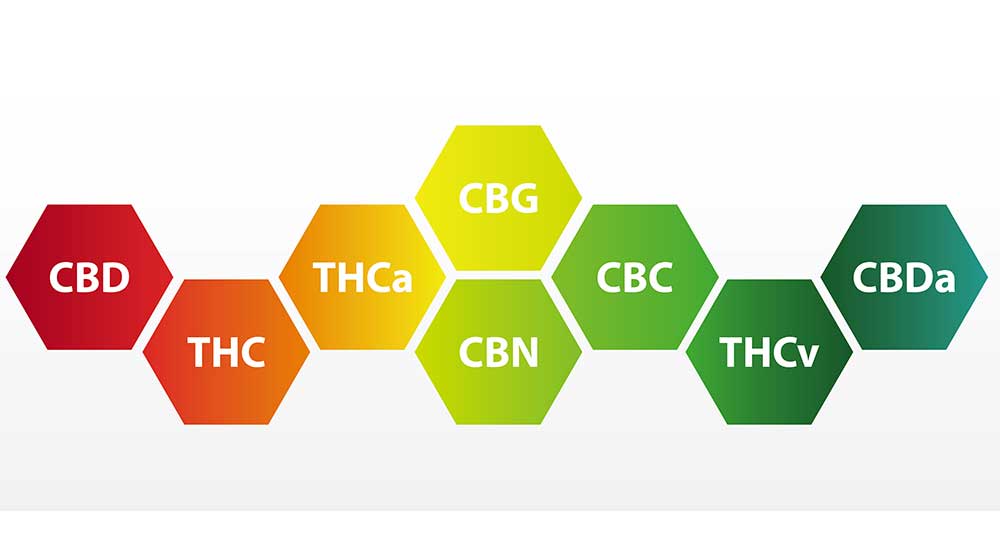
Cannabichromene (CBC)
Advantages: non-psychoactive, anti-cancer properties, anti-inflammatory, pain-reduction, neural regeneration, brain boosting, antidepressant, soothes skin irritation (acne treatment)
Disadvantages: may cause lightheadedness, fatigue
Cannabichromevarin (CBCV)
Advantages: non-psychoactive, antispasmodic, anti-inflammatory, pain fighting, improves duration & quality of sleep,
Disadvantages: may cause lightheadedness, fatigue
Cannabigerol (CBG)
Advantages: non-psychoactive, antipsychotic, metabolic booster, improved vision, gastrointestinal balance, anti-cancer properties, antibacterial, analgesic, reduces psychoactivity of THC
Disadvantages: may cause lightheadedness, fatigue
Cannabigerivarin (CBGV)
Advantages: non-psychoactive, anticonvulsant, anti-inflammatory, anti-cancer properties, can lower psychoactive effects of THC
Disadvantages: may cause lightheadedness, fatigue
From these summaries of their positive and negative effects, it’s easy to see the synergistic benefits across many of the cannabinoids. Many of the positive effects are repetitive, and for good reason – when you introduce THC + CBD + CBG or any other combination, your body will likely experience heightened effects than it would if you consumed high volumes of an isolated cannabinoid. A cannabinoid’s effects can be amplified by another, and vice versa. This is essentially what the entourage effect means: novel results brought about through the interactions between different active compounds.
THE ENTOURAGE EFFECT
So now that we have some idea how each cannabinoid can impact your mind & body, how do they interact with one another to provide the entourage effect? Simply put, you can’t just add one positive effect of one cannabinoid with the benefits of another (i.e. pain relief of THC with the calming effects of CBD). Instead, when cannabinoids interact they combine to create new and sometimes more potent results. Therefore it would be correct to say that cannabinoids effects depend more on the symbiosis between them rather than their individual value.
For example, one of the most talked about entourage effects has to do with the most popular cannabinoids, THC and CBD. Tetrahydrocannabinol has its own claims to fame, such as its propensity for reducing pain, inflammation, anxiety and stress. Conversely, THC can take you for a wild, hallucinatory ride if you’re not familiar with its different potencies. Simply by adding a balanced dose of CBD to any THC regiment can have immediate impacts. For starters, the psychoactivity you might feel will be drastically reduced – if not in severity, then at least duration. CBD-high strains of cannabis or hemp often have no noticeable psychoactive effects, even if THC is present. For these reasons, many avid cannabinoid consumers look for “entourage products” that offer certain combinations of cannabinoids like THC, CBD, CBG, CBN and the like.
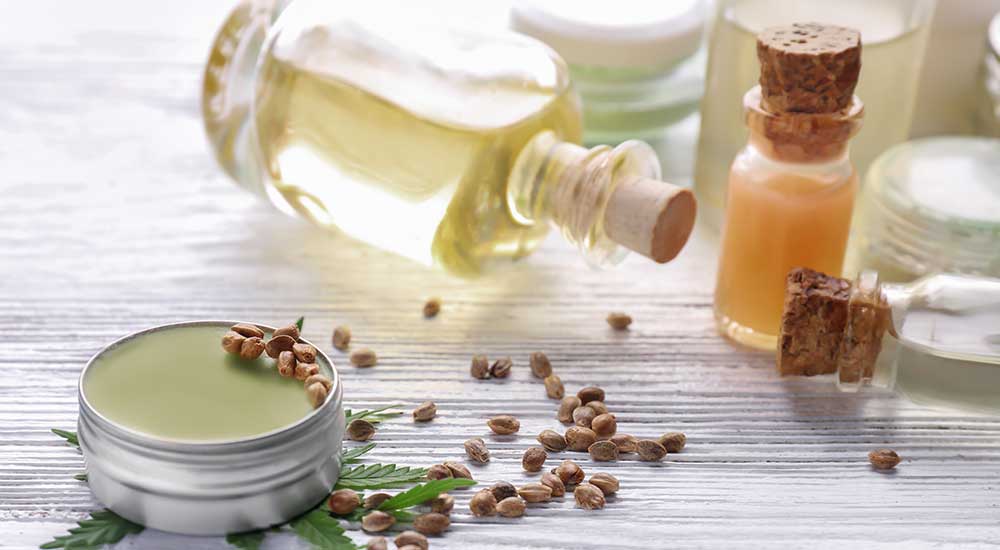
The entourage effect doesn’t just occur with cannabinoids, but it also influences terpenes and what they add to the mix. We mentioned that there are over 20,000 terpenes and 100+ cannabinoids that have been discovered (so far), so you can imagine the sheer amount of amalgamations that are possible. Each terpene and every cannabinoid have a unique chemical profile, so we’re talking about millions – maybe even billions! – of potential, novel combinations and effects. Add to these staggering numbers the notion that there are multitudes of cannabis strains, subspecies of hemp and a laundry list of environmental factors that can influence a plant’s cannabinoids & terpenes, and we’re suddenly looking at infinite possibilities.
A helpful analogy for remembering cannabinoids and what they do to your mind & body is to liken them to ingredients in a recipe. Each ingredient has its own properties that bring value to the table, but sometimes the sum of the parts can help us achieve greater things than on their own. Cannabinoids are like these variable ingredients we combine to make a tasty dish – except in this case, what’s being served up is a clean bill of health!
Following the track of this analogy, a person’s health is as unique to another’s like a cake is to a plate of spaghetti – not to mention everyone’s tastes are as different as are our fitness, supplement regimes or diets. It’s not about what you do to improve your health, or even how, but WHY you want to in the first place. Many combinations of cannabinoids can benefit you, but which ones you get the most value from will ultimately depend on what you’re seeking. Are you in pain everyday, or suffer from inflamed joints and achy muscles? Maybe a full-spectrum product would suit you best because of the combined pain-fighting powers of THC + CBD. Or perhaps you’re a very anxious individual, always overburdened with stress and compounded by sleep deprivation? A healthy dose of high-CBD, high-CBN might do the trick and give you the calm & relaxation you need.
It’s easy to lose yourself down the rabbithole of cannabinoids, terpenes, flavonoids and the like. This doesn’t have to be the case, because ultimately it doesn’t matter what exact ratio of cannabinoids-terpenes you choose. The more important factor is that you keep experimenting with different types of natural health products to find your best match. For some, CBD oil provides the balance they need to overcome injuries or illness, while for others some fruity, full-spectrum gummies give them the boost they need to stay at their best.
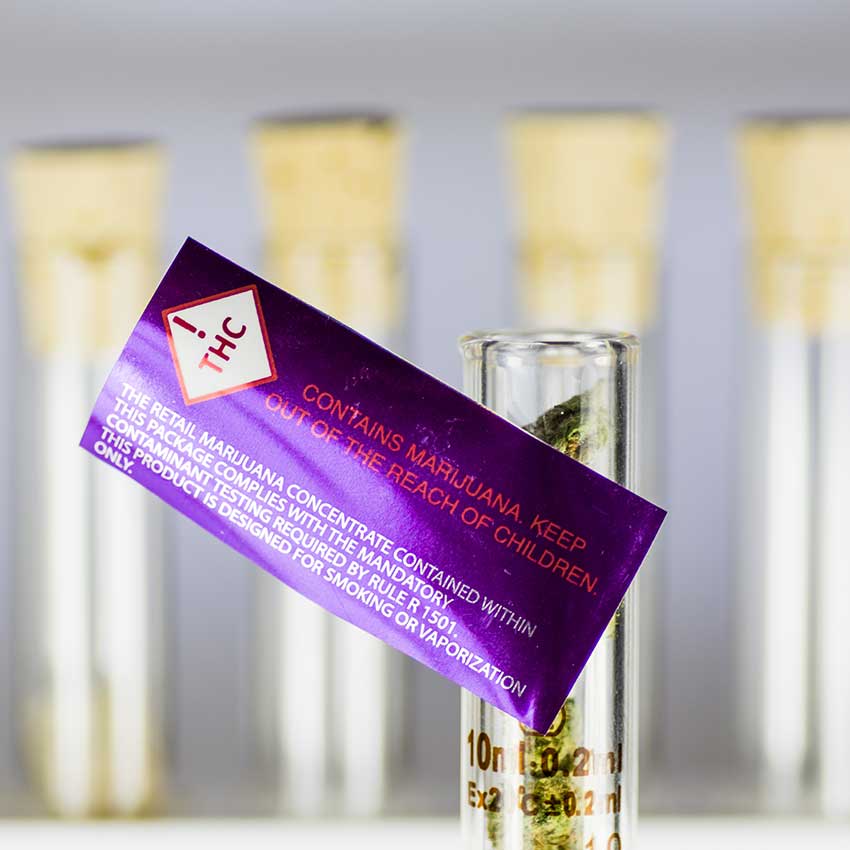
No matter which cannabinoids you prefer or what kinds of natural health products you subscribe to, make sure you continuously experiment with new combinations. Variety isn’t just the spice of life, it’s also the surest way to supplement your ever-changing health & fitness so that you can always be at the top of your game. When you rethink your health and trust in the healing powers of hemp and other natural products you’re empowering your body to take care of anything that comes its way. The entourage effects of a healthy body, an active mind and an invigorated spirit are simple: long life and a happier, healthier you.
FAQ’s
What is the entourage effect of CBD?
The entourage effect can occur when any combination of cannabinoids are introduced to the body. The entourage effect is essentially when cannabinoids work together to achieve greater effects than they could on their own. For instance, ingesting THC with CBD can work to reduce the psychoactive effects of the Tetrahydrocannabinol while deriving the pain-fighting or anxiety-reducing benefits of both THC and CBD.
What does the entourage effect mean?
The entourage effect is a term used to describe the synergistic relationship between many of the cannabinoids. This effect usually depicts the influences of other cannabinoids – such as CBD, CBG or CBN – on the psychoactive properties of Tetrahydrocannabinol (THC).
What is entourage oil?
Entourage Oil, more commonly known as Full-Spectrum Oil, is a type of cannabis or hemp oil product that contains a multitude of cannabinoid ratios – such as THC, CBD, CBG, CBN, THCV or hundreds of others. Not much is known about the exact number of cannabinoids or their exact influences on human biology, but there is an increasing effort to explore the nature of these plant compounds and how they interact with one another.

